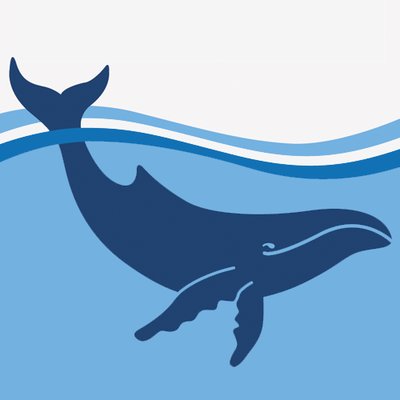Like many industries, the cotton industry faces challenges with workforce capacity and capability.
This challenge has led to research being conducted that aims to investigate the impacts that psychological safety has on the cotton farming workforce’s development and retention.
CQUniversity PhD candidate Chantal Corish is exploring the effect of psychological safety on team learning, performance and wellbeing among cotton farming employees to achieve optimal positive workforce culture and workplace sustainability, with support from CRDC.
“I have worked as a psychologist in rural Australia for over 15 years, and I am also a partner in a cotton farming enterprise,” Ms Corish explained.
“I am very keen to utilise my reasonably unique position as a psychologist living and working in rural Australia and on a cotton farm, to help further the knowledge and understanding of farm worker needs in the cotton industry and more broadly across Australian agriculture.”
Further research on the topic of psychological safety and learning in the workplace was a recommendation that came from the CRDC-supported Understanding and Planning for the Future Cotton Industry Workforce project.
Principal supervisor Nicole McDonald said there was growing interest in the utility of psychological safety – the belief that individuals can engage in interpersonal risk-taking at work without negative consequences such as ridicule or rejection – in modern workplaces.
“This factor is associated with improved team learning and performance, and wellbeing in the workplace,” Dr McDonald said.
Dr McDonald said much of the workforce development happened on the job and when formal training occured, it didn’t always translate to improved job performance on the farm.
“It is therefore vital that we explore ways to unlock the workforce potential to develop their skills as cotton industry businesses adapt and change into the future and investigating psychological safety in the farm work context may be one way to do that.
“With this in mind, we were on the hunt for a candidate for whom this topic was of interest, who would be able to come in and take ownership of exploring this within the cotton industry. When Chantal applied for the PhD position, it was clear we’d found someone who had already been looking into workplace culture, wellbeing and positive psychology concepts within agricultural communities and was looking to answer her own questions on the topic too.”
The Australian cotton industry employs more than 12,000 people across 1500 farms, each farm directly creating jobs for an average of nine people.
Ms Corish said despite a significant contribution to employment in Australia, the cotton industry had conducted limited research into best practice workplace culture and employee wellbeing – factors which significantly impact productivity and production in other researched industries.
“My research proposal seeks to better understand the factors that lead to a psychologically safe workplace, and how psychological safety, which is a factor significantly associated with workplace wellbeing, and team learning and performance, can be utilised within cotton farm work environments to enhance the employment experience for cotton farm employees,” she said.
“Attraction and retention of staff is a major issue for agriculture generally and is very much an issue for cotton growers. I am motivated to find solutions for the industry through this PhD.”
The research is funded by the CRDC and CQUniversity’s Elevate Scholarship.
“The partnership between CRDC and CQUniversity has meant Chantal is financially supported to expand her career into research and the university is able to recruit someone with practical expertise to explore the current workforce challenges that the cotton industry experiences, who may otherwise be unable to free themselves from other professional work demands,” Dr McDonald explained.
“This link between industry and the university means that a collaborative and evidence-based approach can be used to achieve better outcomes for the cotton industry workforce.”
The PhD will take three years to complete and is part of a larger project titled Delivering best practice for management of future workforce skills that is being undertaken by CQUniversity’s Institute for Future Farming Systems’ (IFFS) Agricultural Education and Extension cluster with support from CRDC.








